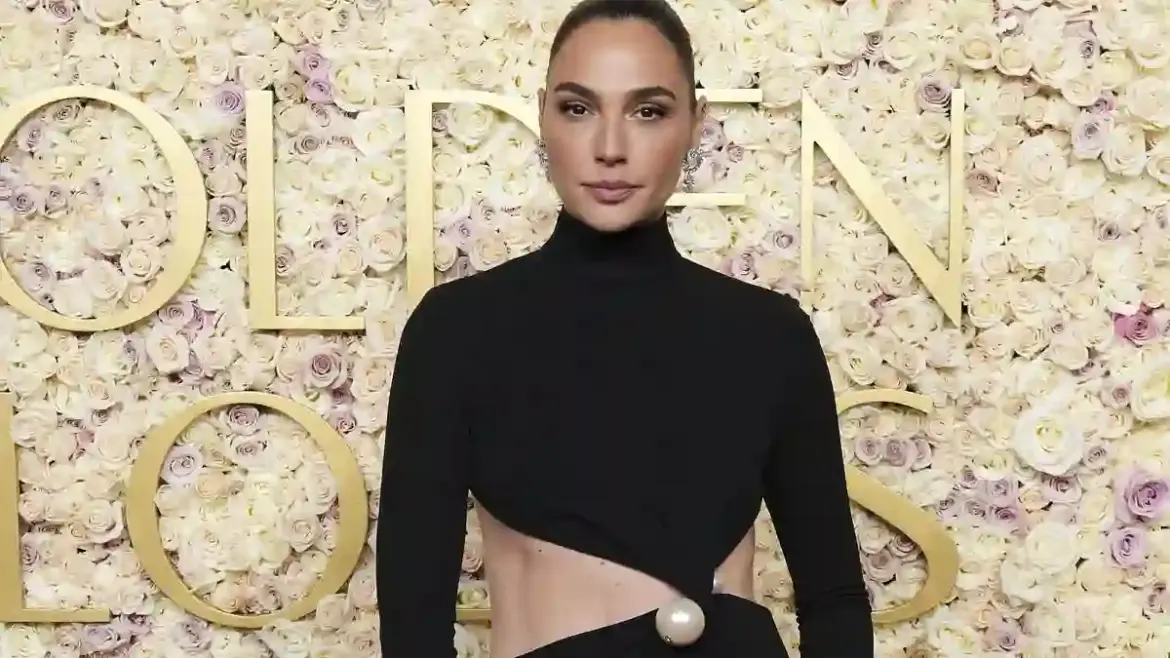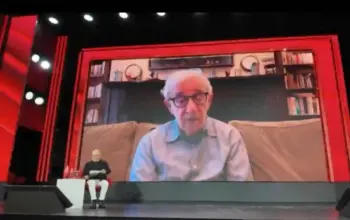The Venice Film Festival is usually a celebration of cinema, style, and star power.
But this year, the spotlight has shifted to controversy rather than glamour.
At the center of it all is Israeli actress Gal Gadot, who has chosen not to attend the festival amid escalating tensions and protests connected to the war in Gaza.
Her film In The Hand of Dante, which also stars Gerard Butler, is set to premiere in Venice.
However, both actors have faced mounting criticism for their perceived support of Israel, sparking fears that Gadot’s presence could trigger demonstrations during the festival’s red-carpet events.
Tight Security and Rising Tensions
Organizers were already preparing for unrest, with protesters expected to march against Israel’s actions.
A “ring of steel” has been set up around festival venues, with police patrols, body scanners, and bag checks creating an unusually tense atmosphere for an event typically defined by elegance and cinematic celebration.
The activist group Venice4Palestine has gone as far as demanding that festival organizers disinvite Gadot and Butler—alongside any celebrity they accuse of backing “genocide.”
Organizers Push Back Against Censorship
Festival director Alberto Barbera made it clear that Gadot would not be attending this year.
Still, he pushed back against calls for boycotts, emphasizing that the Biennale, which oversees the festival, is a cultural space meant to welcome dialogue rather than censorship.
At the same time, Barbera expressed his sorrow over the suffering in Gaza, particularly the deaths of civilians and children, which he described as “collateral damage of a war nobody has been able to end.”
Italian politician Isabella De Monte also weighed in, criticizing calls to boycott Gadot.
She argued that excluding her simply for being Israeli was unfair and undermined the purpose of cultural exchange.
Hollywood Divided Over Gaza
The debate isn’t just limited to Venice—it’s spilling into Hollywood too.
Alongside Gadot’s film, another Venice premiere, The Voice of Hind Rajab, has captured international attention.
The project, supported by Brad Pitt, Joaquin Phoenix, and Rooney Mara, tells the story of a six-year-old Palestinian girl killed in Gaza alongside her family last year.
The film includes the haunting real audio of Hind’s final calls for help before her death, a tragedy that sparked global protests and student activism, including renaming a Columbia University building “Hind’s Hall.”
Gadot’s Reflection on Snow White and Backlash
Outside the festival storm, Gadot has also spoken recently about her role in Disney’s Snow White, where she played the Evil Queen.
Despite enjoying the filming experience, she admitted she was stunned by the movie’s commercial disappointment.
Gadot suggested that the fallout from the October 7th attacks and the pressure on celebrities to speak against Israel contributed to the film’s struggles at the box office.
While Snow White grossed $200 million, it fell far short of its $270 million production budget plus hefty marketing costs, making it one of Disney’s biggest flops in recent years.
Still, Gadot brushed it off with a sense of resilience: “You win some, you lose some.”
What’s Next for Venice and Gadot?
With protests planned for the coming days, the festival will likely continue to be as much about politics as it is about movies.
Gadot may be absent, but her name—and the controversy surrounding her—remains one of the most talked-about storylines at Venice this year.
Meanwhile, the broader debate about the role of celebrities in political conflicts is only growing louder, leaving Hollywood and global audiences grappling with where art, politics, and personal identity collide.



